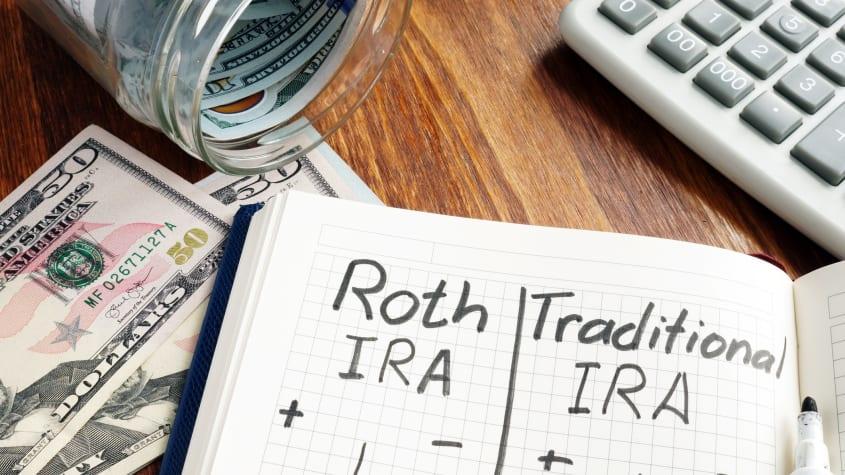Donor-advised funds, or DAFs, allow families and individuals to make tax-advantaged donations to charitable organizations. Similar to other investment accounts, a DAF allows donors to contribute assets to be donated to charitable organizations. The IRS requires such funds to be operated by 501(c)(3) organizations, or what the IRS deems “sponsoring organizations.”1
Below we’re breaking down what you need to know regarding donor-advised funds and the potential tax advantages of utilizing one.
Donor-Advised Funds Considerations
One of the most notable differences between a DAF and other investments is that the money in a DAF may not be withdrawn. Once a donation is made, it is not returnable to the donor. This requirement, and others, set up DAFs to provide significant tax advantages.
Here are a few considerations to make when looking at the advantages of a donor-advised fund in 2021.
Tax Advantage #1: Multiple Asset Types Are Accepted
Though cash donations do provide the largest deduction, donor-advised funds allow individuals to donate multiple types of assets. Some types are even difficult to liquidate, but can still be accepted.
Acceptable asset types could include:
- Cryptocurrency
- Stocks
- Real estate
By no means is this an exhaustive list. It does, however, demonstrate the ability for donors to be able to diversify their donations, which in turn could potentially increase their charitable giving tax deductions.
Tax Advantage #2: Investments Grow Tax-Free
Assets that are donated to a donor-advised fund are allowed to grow tax-free. In addition, you are not required to donate those funds immediately, or even the year you made the contribution. Instead, those funds may stay-in-place and continue to grow over time. This allows you to donate a larger sum to charity, while still gaining the benefit of deduction in your taxable income for the year in which the contribution was made.
Tax Advantage #3: Offset Capital Gains Tax
When an investor sells a stock that has made gains, they may be subject to paying capital gains taxes. Depending on the amount, this could account for a significant portion of the stock’s total value.
According to the IRS, this portion could be anywhere from 15 to 20 percent, and beyond, depending on asset type and income.2
If you are considering a way to offset potential capital gains tax, DAFs allow for stocks to be donated at their full value. This means that both the charity and the donor benefit. As the charity receives a larger donation, the donor receives a larger tax break.
Tax Advantage #4: Simplifies Reporting
Normally, if one were to donate to individual charities, they would need to report each charity on their taxes for the year. Utilizing a donor-advised fund can simplify the process, as donors instead report the fund’s earnings and withdrawals as a whole.
Donor-advised funds give individuals an opportunity to max out their charitable contributions. And in some situations, much of the tax savings and account growth that occurs is directly passed on to the charity of your choice. This makes DAFs an enticing strategy for charitable individuals and tax-minded investors.




